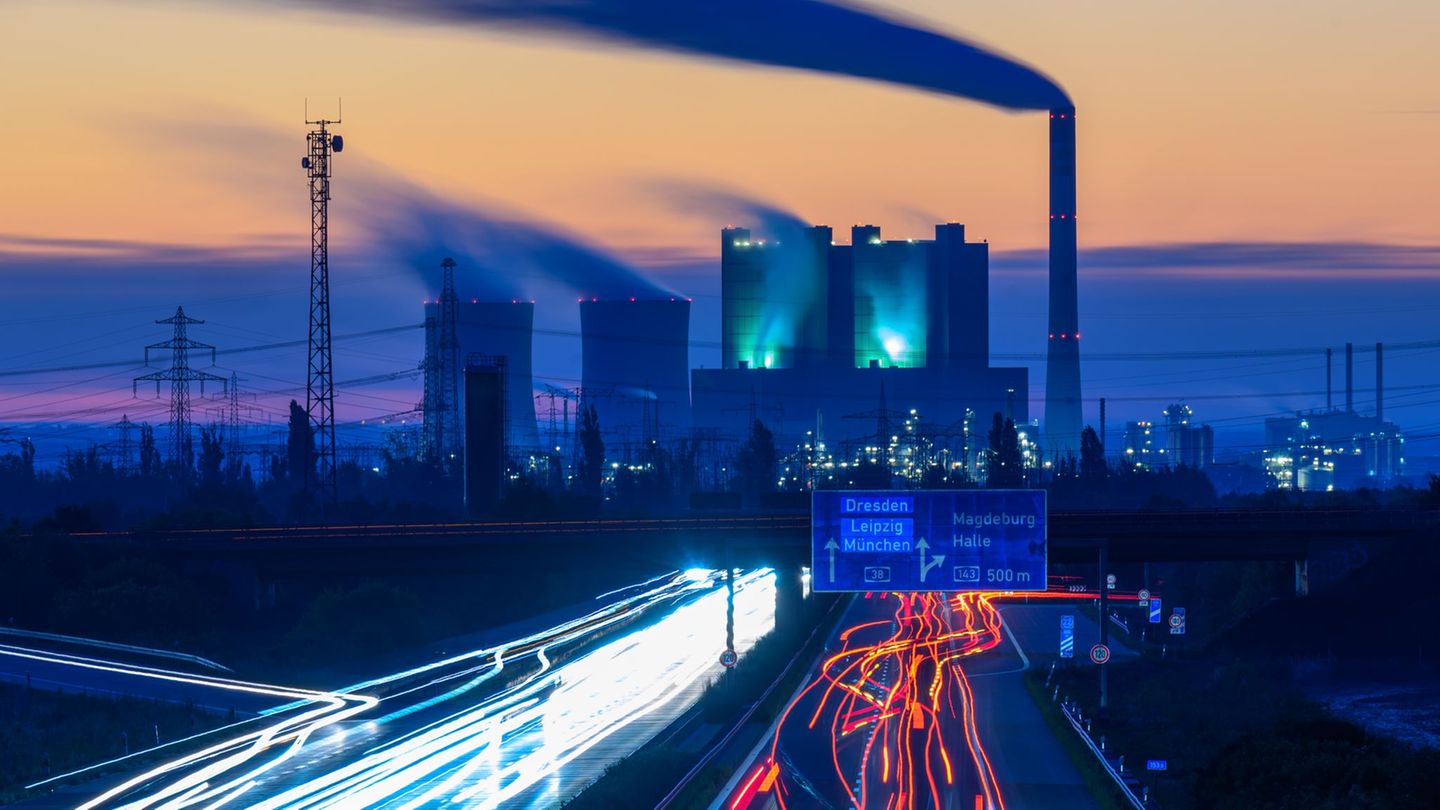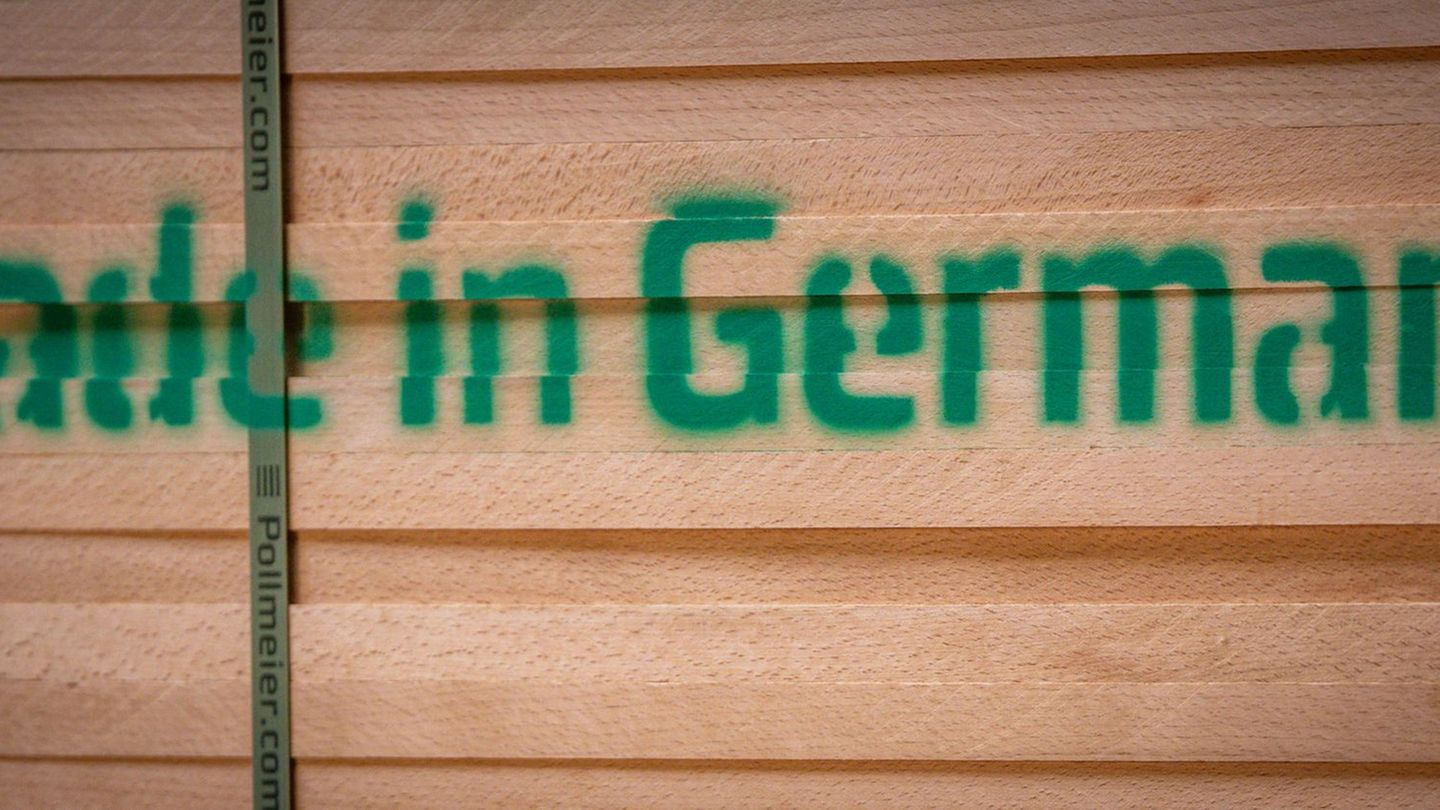Despite complaints from some countries about this last fact, such as that made by Argentina at the recent G20 summit, and a ruling by the International Court of Justice for Azerbaijan to lift the blockade, there were no sanctions of any kind that forced a change. of the situation.
In this context, Armenia pointed to Russia, a traditionally allied country, as one of those responsible for the latest events in Nagorno Karabakh, especially due to the lack of commitment of the Russian peacekeeping forces, deployed since 2020 after a second war in the region that left some 6,500 dead.
“Responsibility for the events will lie entirely with Azerbaijan, which adopted a policy of ethnic cleansing, and with the Russian peacekeeping contingent,” said Armenian Prime Minister Nikol Pashinian.
The clearest example of this bilateral erosion was given this week by the Parliament of Armenia, when in the midst of the crisis due to the massive entry of displaced people it voted in favor of the country joining the International Criminal Court, a court that issued an arrest warrant against Russian President Vladimir Putin, accused of war crimes for the deportation of Ukrainian children in occupied areas.
“No Armenian government will give the order to arrest Putin if he decides to come to Yerevan. The issue is the symbolism underlying the measure. The Armenian government wants to flaunt its independence,” Vahram Ter-Matevosyan, researcher and member, told Télam. from the American University of Armenia.
A specialist in foreign policy issues in the South Caucasus, he indicated that with an eye on the war in Ukraine, “Russia realized that both Azerbaijan and Armenia welcomed greater involvement of the EU in the resolution of their conflict,” but the security, status and rights of Nagorno-Karabakh Armenians remained unresolved issues.
However, this EU intervention also came under scrutiny in July last year, when the president of the European Commission, Ursula von der Leyen, went to Azerbaijan to sign a gas supply agreement, limited after the brake on Russian imports, calling that country a “reliable energy partner.”
“That gas agreement was very important for the EU to be so soft with Azerbaijan despite that country’s aggressive behavior, especially in the face of the blockade of the Lachín corridor,” Svante Lundgren, a researcher at the Center for Advanced Studies on Middle East from Lund University (Sweden).
Two months after sealing that pact, in September 2022, there was an escalation on the border with clashes that left around 300 dead and which, according to reports from third countries, including the United States, also occurred within the territory of Armenia.
“I understand that the world community did not sanction Azerbaijan for the 2020 war, as it considers Nagorno-Karabakh as Azerbaijani territory. But the attack on Armenia proper in September 2022 had no excuses and should have led to sanctions against Baku” said Lundgren, author of several publications on the Armenian Genocide.
“When that did not happen, (Azerbaijan’s Ilham) President Aliyev was encouraged to continue the aggression and we saw the beginning of the Lachin blockade in December. It was widely condemned in the West, verbally, but without any action such as sanctions, so that Baku understood that it would get away with going even further, like with a military attack,” he added, referring to the lightning offensive that occurred just over two weeks ago.
“It is a shame to see how Europe did not take any effective measures to stop or prevent Azerbaijan from giving up its steps,” Ter-Matevosyan lamented.
“For the first time in 50 years of European history, some 100,000 people were forcibly deported from their ancestral lands in one week. Leaving behind homes, monasteries and churches, Armenians from Nagorno-Karabakh had to come to Armenia to take refuge from the Azerbaijan’s genocidal onslaught,” he noted.
The EU has not yet adopted sanctions for the latest military offensive, although in a non-binding resolution the European Parliament on Thursday accused Azerbaijan of carrying out “ethnic cleansing” against the Armenians of Nagorno-Karabakh and called on the bloc to take “measures.” against people in the Azerbaijani Government.
Pashinian will speak before the European Parliament on October 18 and a meeting was announced before the end of the month in Brussels with Aliyev, in an attempt by the EU to establish itself as a mediator in the conflict between those two former Soviet republics that between 1988 and 1994 fought a first war that left some 30,000 dead.
This negotiation should have taken place last Thursday within the framework of the European Political Community summit that took place in the Spanish city of Granada, but the Azerbaijani leader decided not to attend due to criticism of France, which signed military agreements with Armenia, but above all all due to the absence of the Turkish president, Recep Tayyip Erdogan, officially justified by health issues.
Turkey is Azerbaijan’s main ally and, after the offensive, Erdogan showed the country’s weight in the region by meeting with Aliyev to highlight that it is a “reason of pride that the operation was successfully completed in a short period of time.” time, with the maximum sensitivity towards the rights of civilians”.
That meeting took place in Nakhichevan, a place of great symbolism, since it is an Azerbaijani enclave isolated from the rest of the territory and the authorities of that country want to create a land corridor that passes through the south of Armenia, which would isolate that republic from its neighbor Iran.
Source: Ambito




